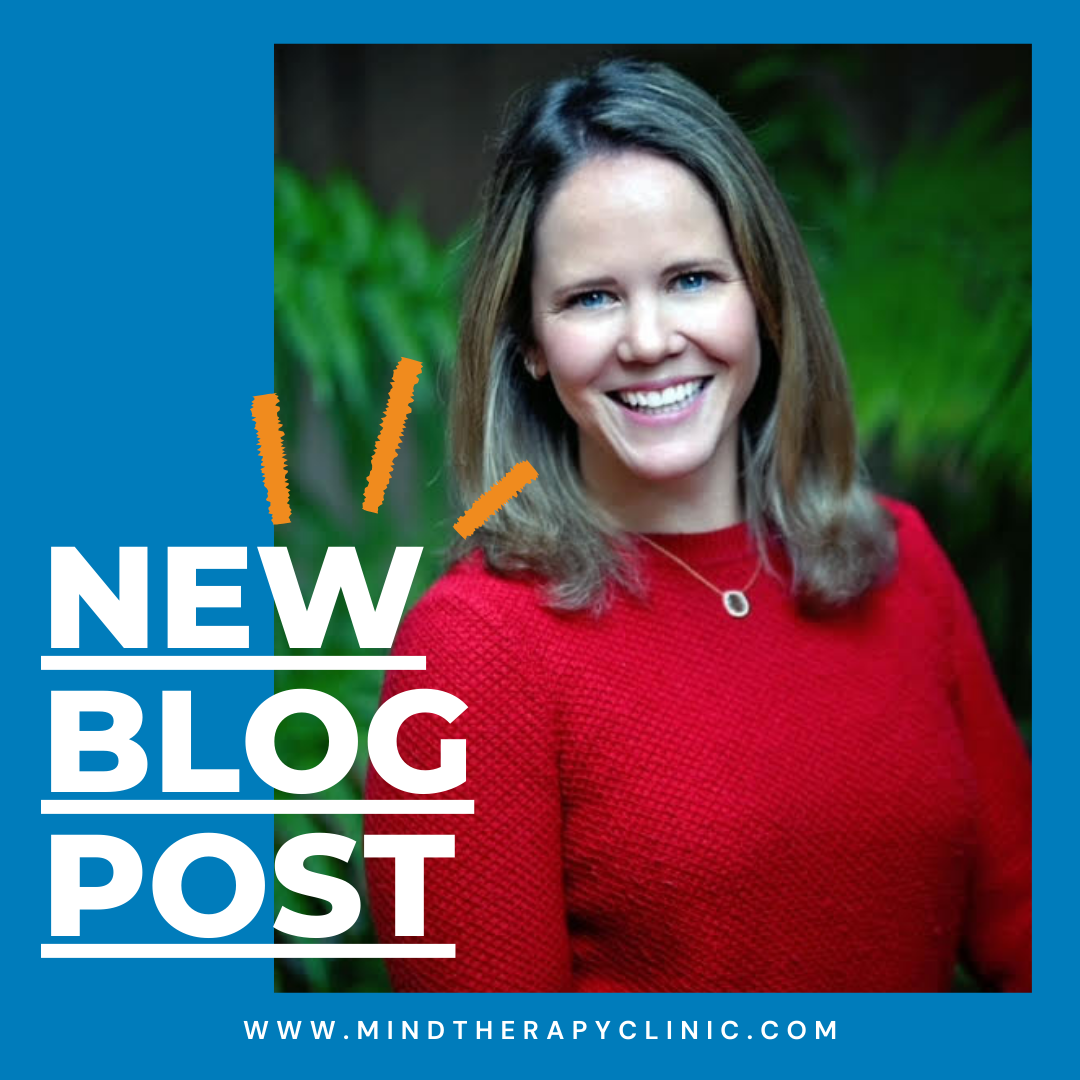Mindfulness isn’t just about sitting quietly and meditating—it’s about fully engaging in the present moment. In Dialectical Behavior Therapy (DBT), one of the core mindfulness “What” skills is Participation. This skill is all about throwing yourself wholeheartedly into the activity at hand, whether it’s a conversation, a hobby, or even a routine task. Rather than staying on the sidelines of life, participation means being fully immersed in what you’re doing, without self-consciousness or hesitation.
Why is Participation Important?
Many of us go through life on autopilot, half-listening to conversations, multitasking during meetings, or thinking about what’s next instead of what’s now. Participation helps us break free from this pattern by fully engaging in the moment. It allows us to:
Experience life more fully – When we immerse ourselves in an activity, we create richer, more meaningful experiences.
Improve emotional regulation – Being present reduces overthinking and helps us manage stress and anxiety.
Strengthen relationships – People can tell when we’re truly engaged, which fosters deeper connections and trust.
Increase joy and satisfaction – Participating fully, without fear of judgment, can make even mundane activities feel more enjoyable and fulfilling.
Fun Ways to Practice Participation
Practicing participation doesn’t have to feel like work! Here are a few creative and enjoyable ways to strengthen this skill:
1. Join Your Kids at the Playground
Instead of sitting on the sidelines while your kids play, try joining them! Climb, swing, or play a game of tag, and take note of your level of enjoyment when you participate versus when you sit out. Engaging fully in play can bring unexpected joy and connection.
2. Try an Improv Game
Improvisational games force you to stay in the moment and respond spontaneously. Play a quick round of “Yes, And…” with a friend, where you build on each other’s ideas without hesitation. This helps strengthen both participation and flexibility.
3. Cook Without Distractions
Next time you make a meal, put away your phone and focus entirely on the process—the smell of the ingredients, the texture of the food, and the sounds of cooking. Let yourself be fully engaged in the act of preparing and enjoying your meal.
4. Fully Engage in a Conversation to Combat Social Anxiety
Instead of being wrapped up in your own anxious thoughts during social interactions, try fully diving into a group conversation. Focus on what others are saying, ask questions, and actively listen. Take note of any changes in your anxiety levels when you fully engage versus when you withdraw.
Final Thoughts
Participation is about living life fully, without hesitation or self-doubt. By immersing yourself in each moment, you cultivate greater joy, presence, and connection. So, the next time you catch yourself holding back, take a deep breath and dive in—you might be surprised at how good it feels!



